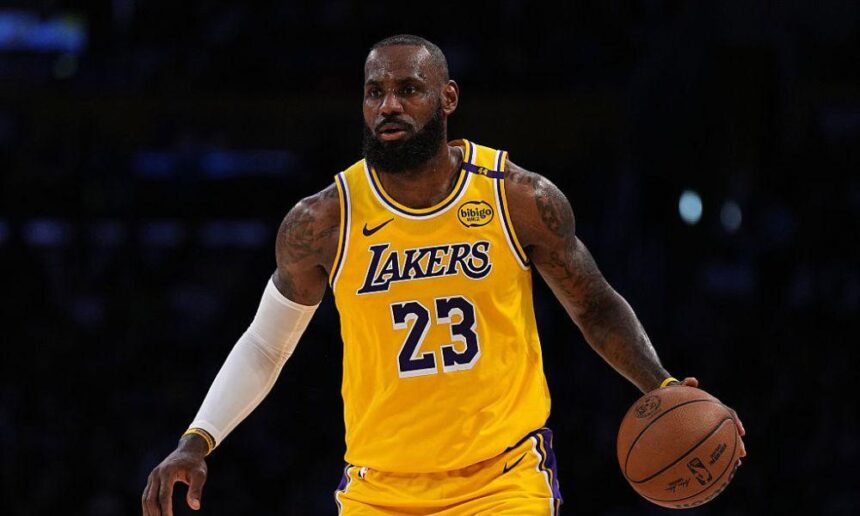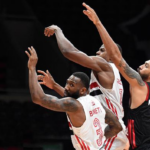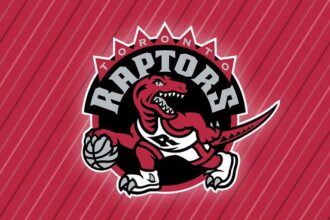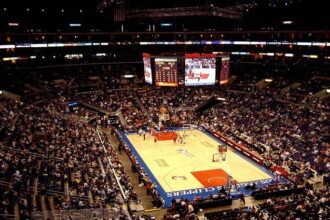The recent $10 billion sale of the Los Angeles Lakers marks a historic milestone in the world of sports, underscoring a profound shift in the industry’s financial landscape. This unprecedented valuation not only eclipses previous records but also signals that the realm of professional sports has surged beyond the reach of most billionaires, transforming teams into ultra-rare, ultra-lucrative assets. As franchise values skyrocket amid booming global interest and expanding revenue streams, the Lakers’ landmark deal exemplifies how sports are no longer just games-they’re billion-dollar cultural empires reshaping the boundaries of wealth and investment.
The Shifting Landscape of Sports Ownership in the Era of Mega Deals
The recent $10 billion sale of the LA Lakers has set a new benchmark in the sports industry, underscoring an evolving dynamic where even the wealthiest billionaires find themselves navigating unprecedented financial landscapes. Ownership stakes that were once accessible to ultra-rich individuals are increasingly dominated by consortiums of investors, sovereign wealth funds, and multinational corporations. This shift reflects the growing commercialization and global appeal of sports franchises, turning them into complex economic ecosystems rather than mere passion projects or status symbols.
Key factors reshaping the ownership model include:
- Escalating franchise valuations driven by broadcasting rights, merchandising, and global fan engagement
- Increased corporate involvement, with brands leveraging sports platforms for marketing and influence
- Complex financing structures, involving multiple stakeholders and cross-border investment
- Regulatory changes that encourage broader and more diverse ownership pools
| Ownership Aspect | Traditional Model | Current Trend |
|---|---|---|
| Buyer Profile | Individual Billionaires | Investor Groups & Corporations |
| Valuation Range | Up to $1bn | $5bn – $15bn+ |
| Control | Single Owner Dominance | Distributed among Stakeholders |
| Revenue Streams | Ticket Sales & Merch | Global Media & Sponsorships |
Why Traditional Billionaires No Longer Dominate the Sports Market
The sale of the LA Lakers for a staggering $10 billion marks a pivotal moment in sports history, highlighting the erosion of traditional billionaire dominance in the industry. High-profile team ownership was once the exclusive playground of a select few tycoons whose wealth stemmed from industries such as oil, finance, or manufacturing. Today, the dynamics have shifted dramatically: ownership groups frequently comprise complex consortia of investors, technology moguls, and even institutional backers, reflecting the escalating financial and operational demands of modern sports franchises. The sheer scale of investment required now transcends the capacity of single billionaires, compelling the formation of diversified portfolios crafted to maximize revenue streams from emerging digital, merchandising, and global media rights opportunities.
Key factors reshaping ownership models include:
- Skyrocketing franchise valuations driven by global branding and media expansion
- Increased emphasis on data analytics and tech integration in fan engagement
- Regulatory complexities and rising operational costs demanding multi-layered financial resilience
- The rise of collective investment vehicles and private equity involvement in sports
| Ownership Era | Typical Owner Profile | Average Team Valuation |
|---|---|---|
| 1980s-2000s | Individual Billionaire (Oil, Finance) | $200-$700 million |
| 2010s | Billionaires with Diverse Holdings | $1-$3 billion |
| 2020s | Investment Groups & Tech Investors | $4 billion and above |
Navigating Future Investments in Sports Franchises for Sustainable Growth
As the LA Lakers’ historic $10bn sale signals a new era, investors must rethink traditional valuation models that once capped sports franchises within billionaire reach. The evolving ecosystem transcends mere ownership, requiring a strategic fusion of entertainment, technology, and community engagement. Future investment decisions will hinge on long-term sustainability, balancing lucrative media rights deals with fan-centric innovations that enhance brand loyalty beyond game day.
Key factors shaping this landscape include:
- Digital integration: Leveraging fan engagement through NFT marketplaces, augmented reality experiences, and streaming platforms.
- Global reach: Expanding franchise footprints to emerging markets hungry for premium sports entertainment.
- Sustainability initiatives: Aligning with environmental and social governance standards to attract responsible investors.
| Investment Area | Projected Impact | Timeline |
|---|---|---|
| Media Rights Expansion | +25% revenue growth | 3 Years |
| Tech & Fan Engagement | Increased retention by 40% | 2 Years |
| Sustainability Programs | ||
| Sustainability Programs | Enhanced brand value & investor appeal | 5 Years |
If you want me to help with anything else related to this content, such as summarizing, rewriting for SEO, or adding more data, just let me know!
Closing Remarks
The landmark $10 billion sale of the Los Angeles Lakers underscores a transformative moment in the world of sports ownership. As valuations soar beyond the reach of even many billionaires, the event highlights how professional sports franchises have evolved into global cultural and financial powerhouses. Moving forward, this shift raises critical questions about accessibility, investment strategies, and the future landscape of sports business, signaling that the game is no longer just played on the court, but also within the high-stakes arena of ultra-wealthy capital.














